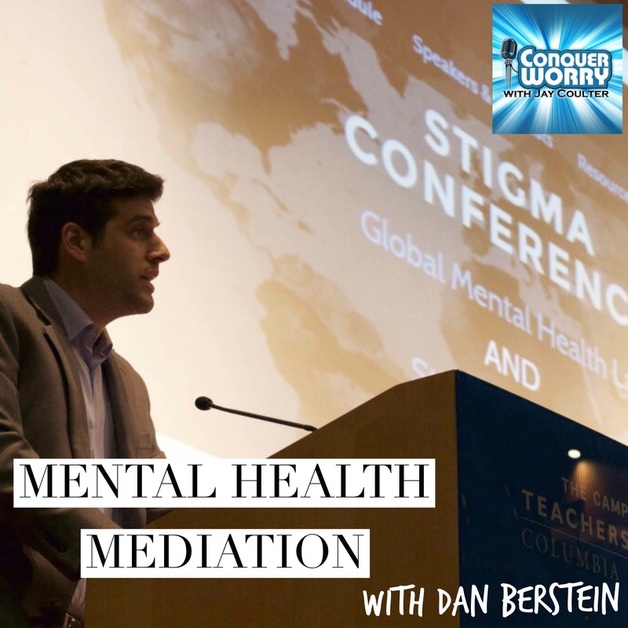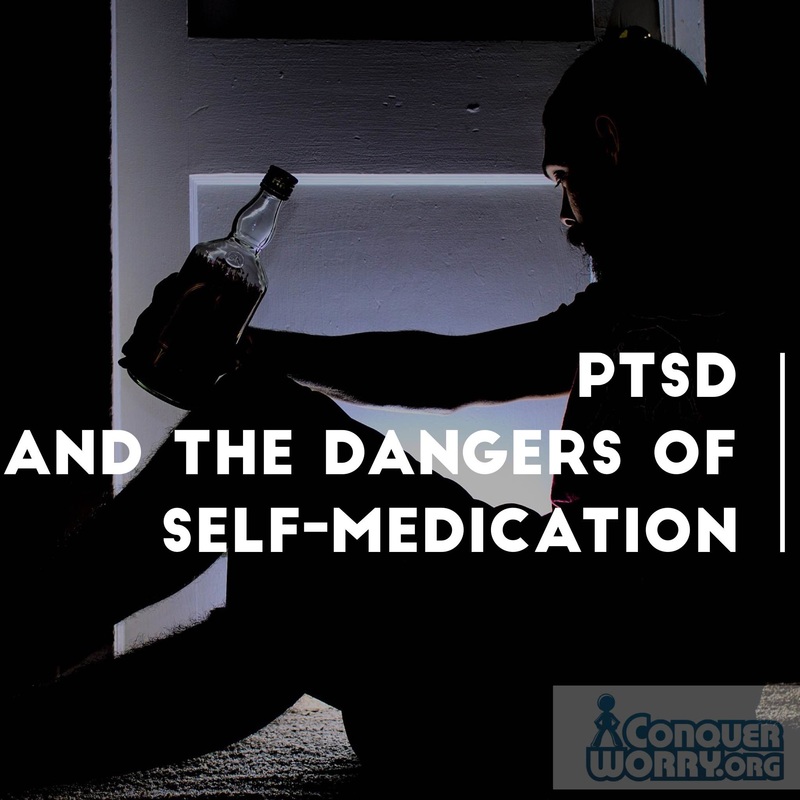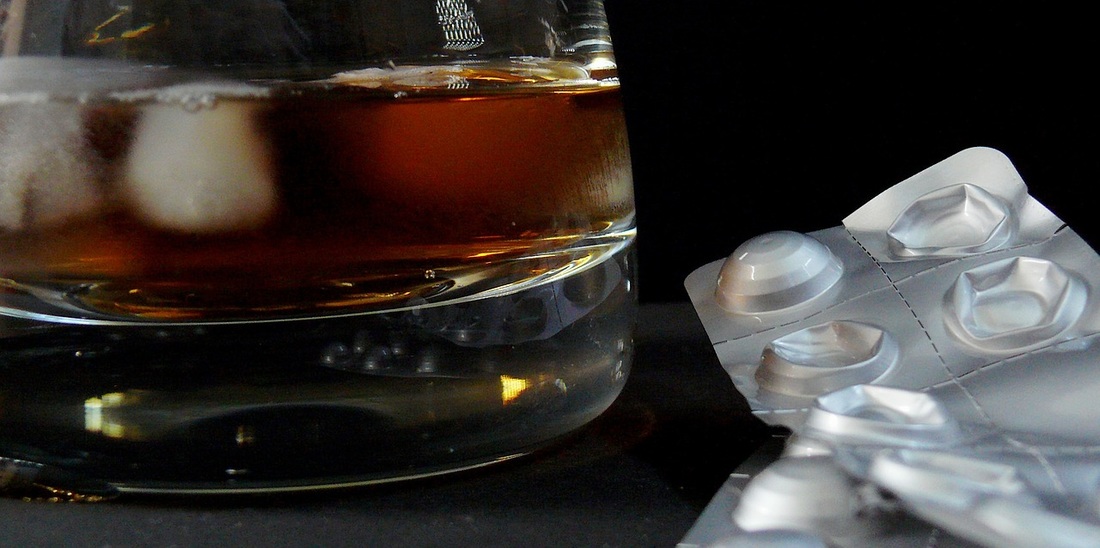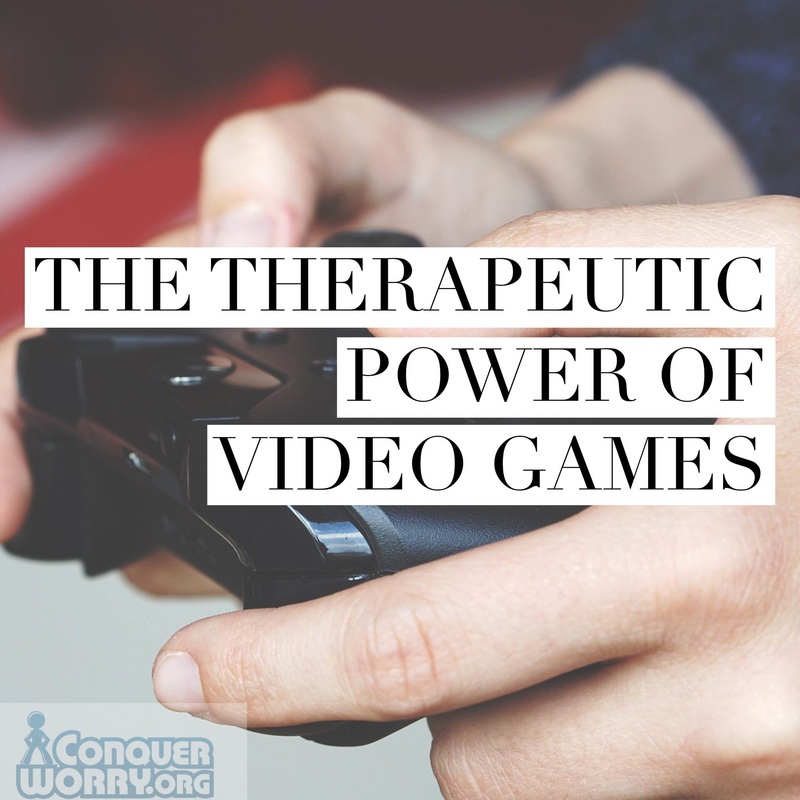
From Dan's Website:
Dan is a mediator living with bipolar disorder and the founder of MH Mediate. He has spent the past decade working to improve how people communicate about mental health. Dan has been a support group facilitator with the Mood Disorder Support Group of NYC, a speaker with the National Alliance on Mental Illness, and a Mental Health First Aid training instructor with the NYC Department of Health and Mental Hygiene. He studied mediation at the NY Peace Institute, where he sat on the Mediator Advisory Board and mediated criminal court, youth-involved, school, and community cases. A sought-after speaker and trainer in mental health communication and conflict resolution, Dan has presented workshops at many conferences and led MH Mediate trainings in over a dozen states. He holds a masters degree in Mental Health from the Johns Hopkins Bloomberg School of Public Health and a bachelors degree from the Wharton School of the University of Pennsylvania. Dan has delivered programs for the Department of Interior, the NYC Department of Health and Mental Hygiene, the University of Notre Dame, the Wyoming Department of Agriculture, the National Alliance on Mental Illness, the Association for Conflict Resolution, the Association for Professional and Family Mediators, Cardozo School of Law, and many other organizations. He is excited to see conflict resolution become a bigger part of mental health across the United States.
0 Comments
Addiction is categorized as a mental illness, even if it’s not always seen that way. Those addicted to drugs or alcohol are twice as likely to have an additional mental illness. Unfortunately, these two illnesses can send a person down the path to self-destruction. A good friend of mine committed suicide after years of struggling with alcoholism. It wasn’t until he found himself in a substance abuse program that he was diagnosed with bipolar disorder. It makes one wonder if things may have turned out differently had he been diagnosed earlier. Since my friend’s death, I’ve been taking a closer look at the connections between addiction and other mental illnesses. Post-Traumatic Stress Disorder (aka PTSD) is an illness which often walks hand-in-hand with addiction. PTSD is most commonly suffered by veterans and victims of abuse. The disorder causes a number of disruptive symptoms including flashbacks, insomnia, and depression. With the modern stigma against mental illness, some sufferers of PTSD go untreated. Without proper treatment, PTSD symptoms grow worse, leading those with the disorder to self-medicate. Self-medication is most often done with alcohol but also can be done with a variety of drugs. Below, we highlight a few of the dangers of self-medication and the reasons those suffering from addiction should get help. Self-Medication Leads to Addiction When a person self-medicates with drugs or alcohol to feel better, he becomes increasingly more likely to continue the behavior in order to feel normal. Not only does self-medication lead the person to feel he needs the substance to go about his life, but it also creates a physical dependence on the substance. Addiction is the last thing a person struggling with mental illness needs. Substance Abuse Increases the Risk of Suicide Those who abuse a substance are six times more likely to attempt suicide. This alarming statistic does not include the added risk for suicide experienced by PTSD sufferers. It also fails to incorporate the risk of accidental suicide via overdose. As the individual increases his tolerance to his substance of choice, he will begin to take more and more, and continue to slide down the slippery slope to unintentional overdose. Self-Medication Damages Relationships Any person who has struggled with addiction can attest to the strain the addiction placed on his relationships. A person with PTSD may unintentionally prioritize his substance abuse above his loved ones. The combination of social anxiety that often comes with PTSD, lack of proper treatment, and substance abuse is bound to batter one’s family ties. It is critical for people with PTSD, even those who already are self-medicating, to seek help immediately. Recovery is the only way to repair any damage to relationships. Substance Abuse Makes Symptoms Worse When left untreated, PTSD symptoms grow worse with time. When the effects of drug and alcohol wear off, the original symptoms of PTSD are aggravated, leading a person to abuse substances even further. While self-medication may seem to help in the short term, it is wreaking havoc in the long term. The only real way to combat symptoms of PTSD is to seek help from a trained professional. Treatment for PTSD does not have to be embarrassing or uncomfortable. There are many forms of therapy available to help you recover and cope in the way you want. PTSD service dogs also are available to make daily life more bearable. Whatever form of therapy you choose, it is critical that you find and undergo professional treatment. Self-medication may seem to work in the moment but in actuality, you are damaging your chances of living a normal life in the long run. Get help, seek support, and avoid addictive substances. About the Author Adam Cook has a strong understanding of the devastation that can be caused by addiction. He recently lost a close friend to an addiction-related suicide. In an effort to better educate himself and to help others, he created AddictionHub.org, a site that provides addiction and mental health resources. When he isn’t working or adding to his website, he’s prepping for his first triathlon.
Guest post by Luke Cochran Edit and Post design by Christy Zigweid Photo by superanton via Pixabay CC made using @WordSwagApp Sitting deep in a closet under my basement stairs lies my PlayStation 3. For years, it has been sitting there unused, dormant. However, a recent study has motivated me to dig it out of its tomb and donate it to help those in need. In a 2012 study by The University of Utah, video games had a positive impact on children diagnosed with chronic illnesses. Much of the impact came from the mental stimulation users experience when gaming. The study outlines how the patients interacted with games designed for therapeutic use. The University News Center describes how, "their own Patient Empowerment Exercise Video Game (PE Game), an activity-promoting game specifically designed to improve resilience, empowerment, and a “fighting spirit” for pediatric oncology patients." The study also included other games noted for their therapeutic use with chronic illness. Click here to see a preview of some of the games used in the study. The video games used were also renowned for their promotion of "positive attitude and empowerment" - feelings that the study suggests stem from a games ability to "activate positive emotions and reward systems." This helped strengthen a "fighting spirit" for the patients, trickling down to other health related benefits. Playing a Role in the Future of Medicine Roger Altizer, a professor at the University of Utah’s College of Fine Arts and director of game design and production for the program, pointed towards the role the games can play in the future of personalized medicine. He spoke on how these games can motivate people in very individual ways because of how engaging and immersive the experience can be. With this news comes not only reassurance that my countless hours on PlayStation 3 were of some benefit, but there is now so much possibility ahead for those children diagnosed with chronic illnesses. Just as people learn in different ways, so do patients when responding to different forms of treatment. While it will be a challenge to develop games tailored for therapeutic development, it should be in no comparison to the benefits it can provide so many people. Therefore, instead of letting my PlayStation 3 collect dust, I think I'll put it to good use. Sending it to an organization like GameCrate (www.GameCrate.us) will make sure my games are reaching their full potential. Connect with Luke
|
Build Your Action Based Stress Reduction System
Popular PodcastsOlympian Suzy Favor Hamilton - From Fame to Prostitution to Advocacy
Hall of Fame Basketball Star Chamique Holdsclaw on Mental Resilience Diana Nightingale on her husband Earl Nightingale's Principles for Mental Health Success JoAnn Buttaro on Date Rape & PTSD Survival Story: Its Never Too Late Gabe Howard on BiPolar Advocacy Phil Fulmer on Teen Suicide Prison, Bipolar and Mania with Andy Behrman Columbia Univeristy's Dr. Rynn on OCD Archives
March 2018
Categories
All
|







 RSS Feed
RSS Feed





